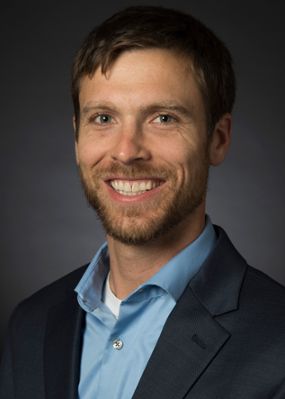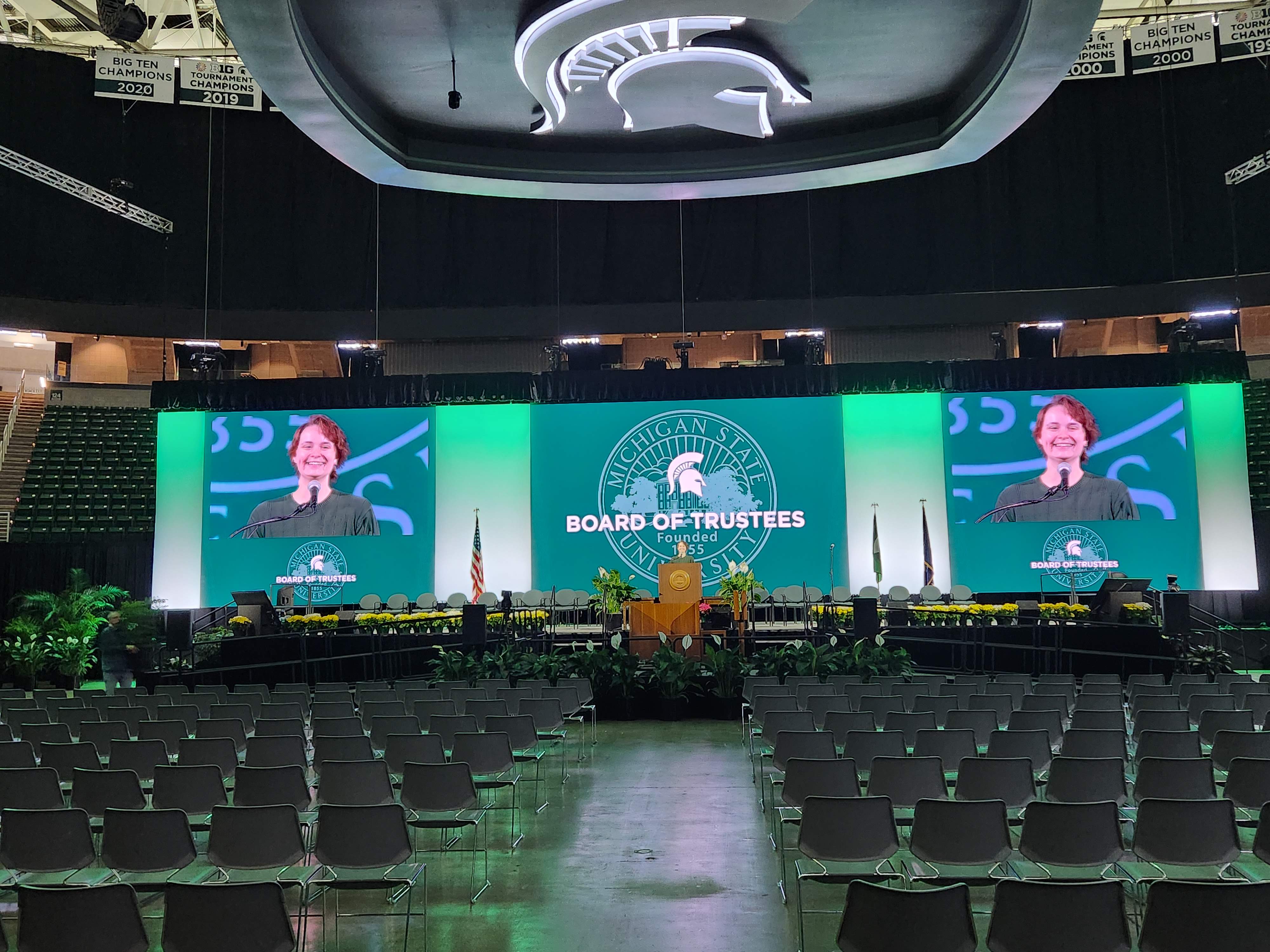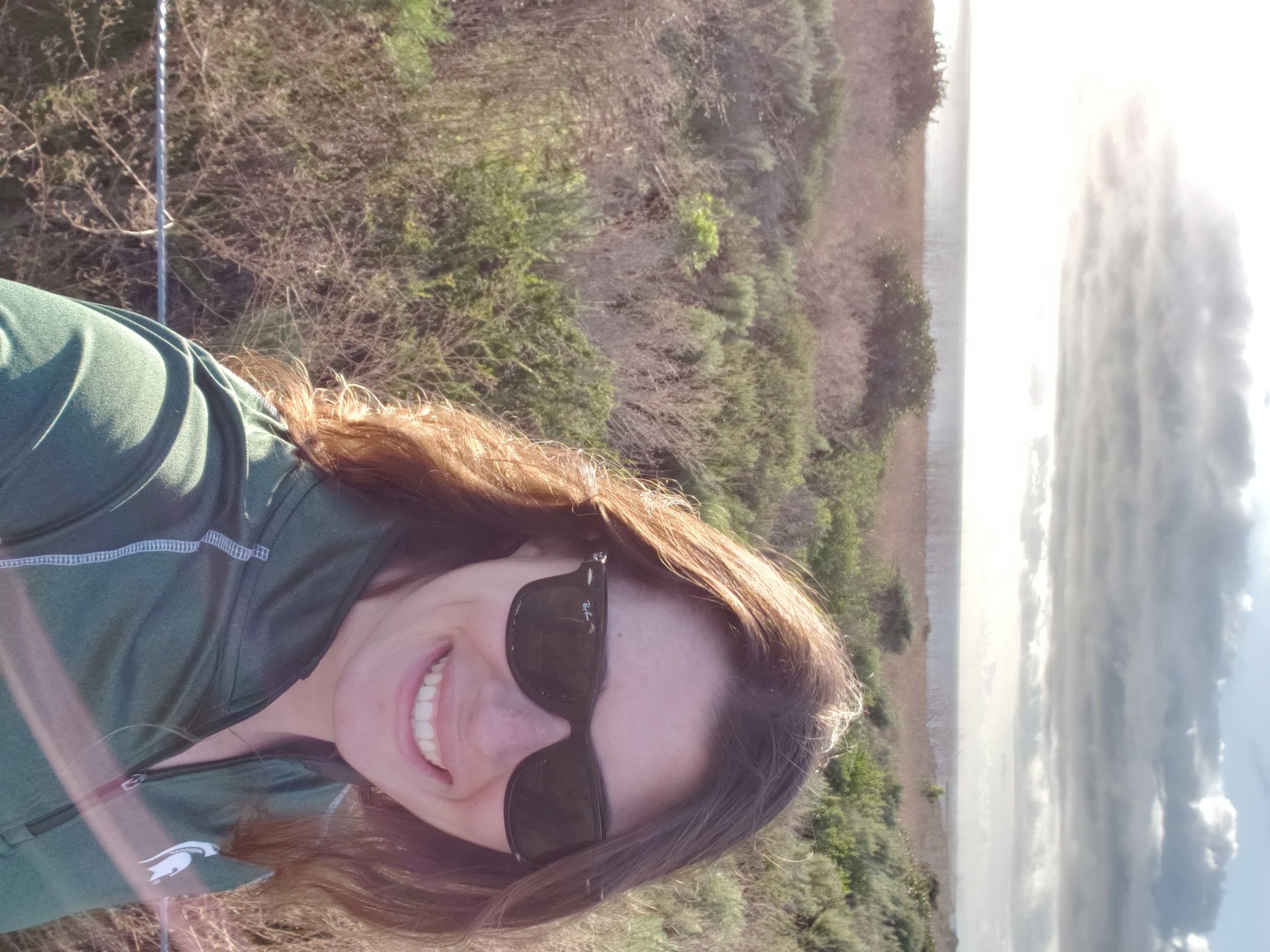Hardisty Awarded 2022 Sloane Research Fellowship
EES researcher Dalton Hardisty will receive a prestigious, two-year, $75,000 Alfred P. Sloan Fellowship in recognition of his accomplishments as an early career scientist with exceptional promise in his field.
This year’s cohort of 118 Sloan Research Fellows come from 51 institutions throughout the United States and Canada. Hardisty joins the list of renowned scholars who have received Sloan Fellowships since launched in 1955, among them 41 MSU faculty members and 53 Nobel Prize winners.
“Recognition of our early career faculty by an organization such as the Sloan Foundation is a testament to the caliber of our researchers at MSU,” said Doug Gage, vice president for research and innovation at MSU. “Not only will the Sloan Fellowship support their work, it will position their career trajectories for future success.”

Hardisty, an Endowed Assistant Professor of Global Change Processes in MSU’s Department of Earth and Environmental Sciences, or EES, in the College of Natural Science, or NatSci, studies paleoceanography and geochemistry. Using the geochemistry of sediments, his lab investigates the co-evolution of ocean chemistry and biology throughout Earth’s history — from billions of years ago to modern times. Hardisty is a leading expert on oxygen in the ocean and environmental iodine cycling. He studies modern low oxygen environments to learn more about ancient oceans where this condition was more widespread.
“I’m excited and honored to receive this fellowship. I have a lot of gratitude as well,” Hardisty said. “My current group of graduate students and postdocs as well as peer collaborators at MSU and other institutions played a major role in this. I’ve also had great mentors over time. In many ways, it’s a recognition of the integrated efforts of all of these people.”
With the funds from the Sloan fellowship, Hardisty plans to examine the conditions of marine iodate accumulation expected for Earth’s earliest oxygenation roughly 2.5 billion years ago. He also plans to build a geochemical database and framework for understanding trends in carbonate mineral abundance — particularly dolomite — in the Precambrian. Hardisty and his colleagues are creating the records modern scientists use as baselines to recognize the extent of change that exists today.
“Dalton is one of the most capable young researchers in this field, and the Sloan award is a great recognition of his accomplishments so far and his future potential,” said Jeffrey Freymueller, EES department chair. “Dalton’s Sloan fellowship contributes to a string of recent awards and successes in the department. These collectively point to a growing chorus of recognition of the national and international impacts that our department is having on the Earth and environmental science community.”
“Dalton has a remarkable ability to move up and down the geologic time scale, with questions and important answers about the co-evolution of Earth’s oceans, atmosphere and life that span millions and billions of years,” added Timothy Lyons, Dalton’s doctoral adviser and Sloan fellowship nominator. “He brings rigor and innovation to novel chemical fingerprints of conditions on the ancient Earth, often validating and calibrating his methods through studies of the modern oceans. Among his most important contributions are new insights about settings on modern Earth lacking oxygen — a condition that may become more common in our warming oceans — and how and when oxygen first accumulated billions of years ago.”


